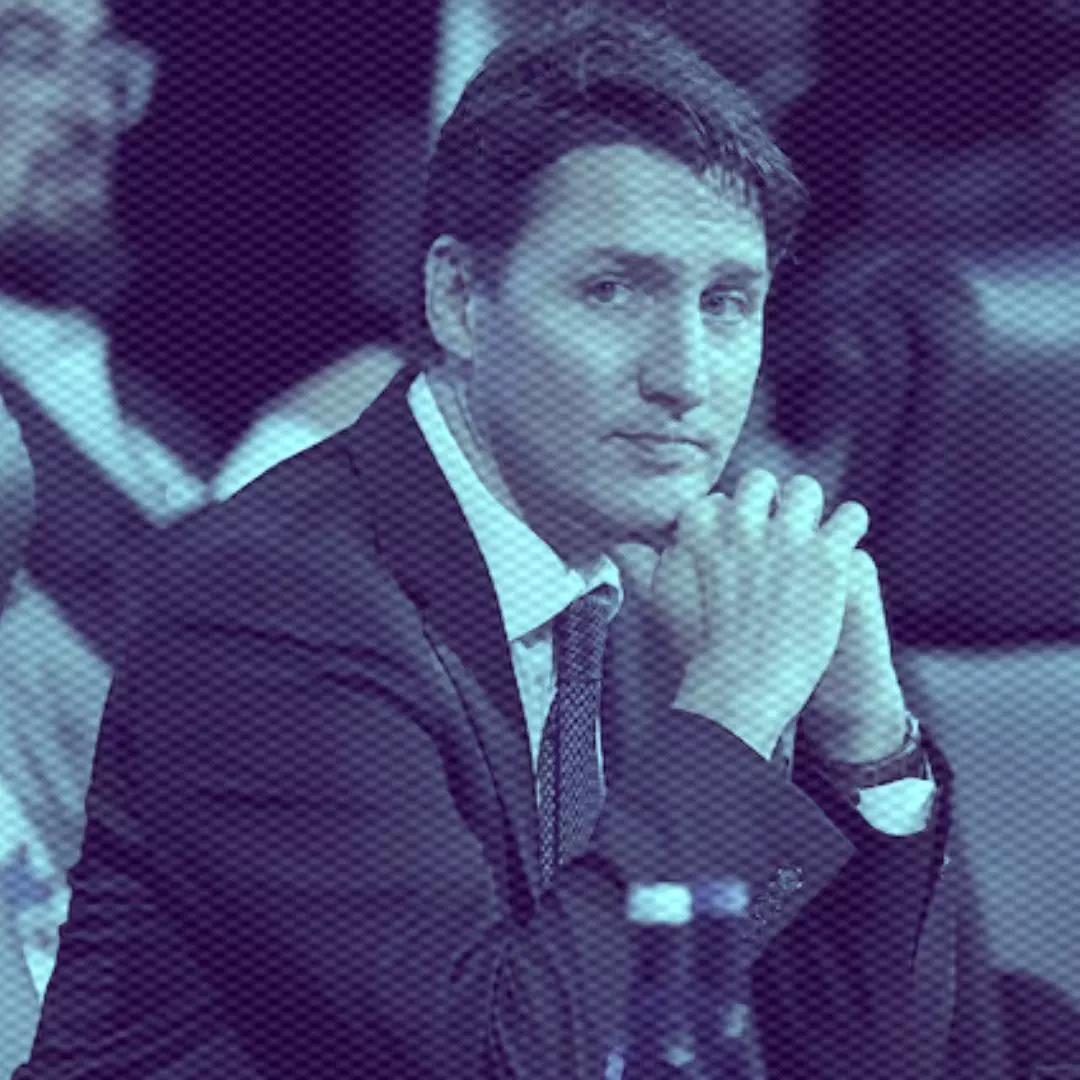
Image Credit: ABP Live
Justin Trudeau Admits Canada Only Had 'Intel, Not Hard Proof' Of India's Role In Nijjar Killing
Writer: The Logical Indian Crew
We are an independent and public-spirited digital media platform for Indian millennials. We report news and issues that matter as well as give you the opportunity to take action.
Others/World, 17 Oct 2024 5:09 AM GMT
Editor : The Logical Indian Team |
We are an independent and public-spirited digital media platform for Indian millennials. We report news and issues that matter as well as give you the opportunity to take action.
Creatives : The Logical Indian Crew
We are an independent and public-spirited digital media platform for Indian millennials. We report news and issues that matter as well as give you the opportunity to take action.
Trudeau acknowledges Canada lacked hard evidence against India in the Nijjar killing, raising serious diplomatic tensions.
Canadian Prime Minister Justin Trudeau revealed that Canada had "intel, not hard proof" regarding India's involvement in the killing of Sikh activist Hardeep Singh Nijjar. This admission came during a parliamentary session, following Trudeau's earlier allegations that India was linked to the assassination, which has sparked diplomatic tensions between the two nations. The Indian government has vehemently denied these claims, calling them "absurd" and politically motivated. As both countries navigate this escalating crisis, discussions around international relations and human rights remain at the forefront.
Trudeau's Admission Raises Questions
During a recent address in Parliament, Trudeau clarified that while Canada possessed intelligence suggesting India's role in Nijjar's death, concrete evidence was lacking. He emphasized the importance of addressing such serious accusations with caution. Nijjar, a prominent figure in the Sikh community, was killed outside a gurdwara in British Columbia in September 2023. The incident has not only affected bilateral relations but also raised concerns among Canadian Sikhs about their safety and the implications for Canada's multicultural fabric.
Background of Tensions
The diplomatic rift between Canada and India intensified after Trudeau's initial claims linking India to Nijjar's assassination. Following these allegations, Canada expelled a senior Indian diplomat, prompting India to respond by expelling a Canadian diplomat as well. This back-and-forth has led to heightened security measures for Sikh communities in Canada and discussions about the implications for international law and sovereignty. Observers note that this situation is unprecedented and could have long-lasting effects on both nations' diplomatic ties.
Questions and Answers
1. What did Trudeau admit regarding evidence against India?
Trudeau admitted that Canada had only "intelligence" and no "hard evidentiary proof" when he publicly accused India of involvement in Nijjar's killing. This revelation underscores the fragile basis of the allegations made against India last year12.
2. How has India responded to these accusations?
India has consistently rejected Canada's claims as baseless and politically motivated. Following Trudeau's allegations, India expelled six Canadian diplomats and withdrew its high commissioner from Canada, asserting that Ottawa provided no evidence to support its claims45.
3. What are the implications of this diplomatic row?
The ongoing tensions have strained relations between Canada and India, with both nations accusing each other of violating sovereignty and engaging in hostile actions. The situation has raised concerns about the safety of diplomats and citizens from both countries36.
4. What role did Hardeep Singh Nijjar play in this context?
Hardeep Singh Nijjar was a prominent Khalistani separatist who was declared a terrorist by India. His assassination has become a focal point for accusations of foreign interference and alleged covert operations by Indian agents within Canada26.
5. What future actions might be expected from either country?
Given the escalating tensions, further diplomatic expulsions or retaliatory measures could occur. Both governments may also continue to investigate alleged foreign interference activities, which could lead to more public disclosures or inquiries into their respective actions.
 All section
All section














